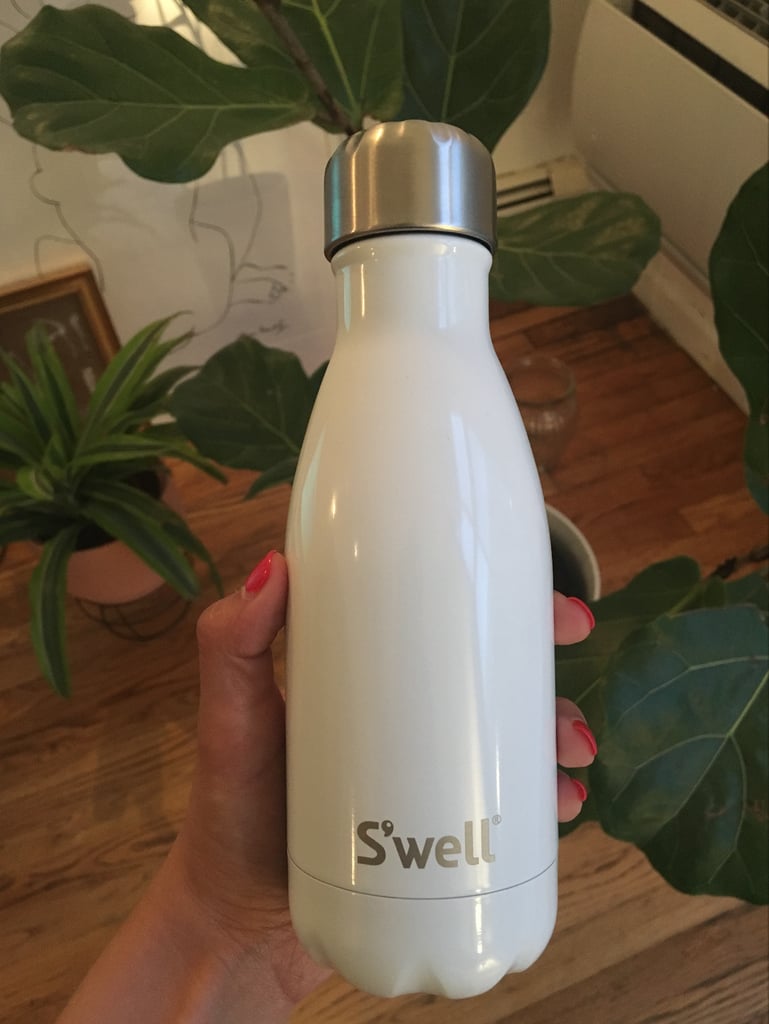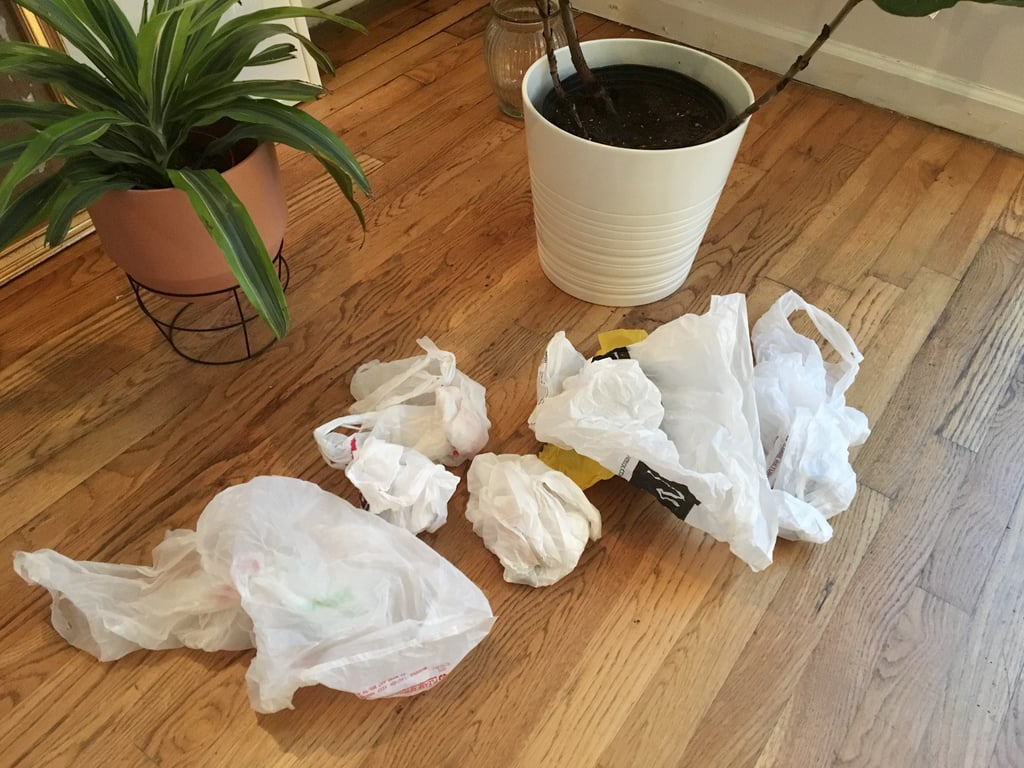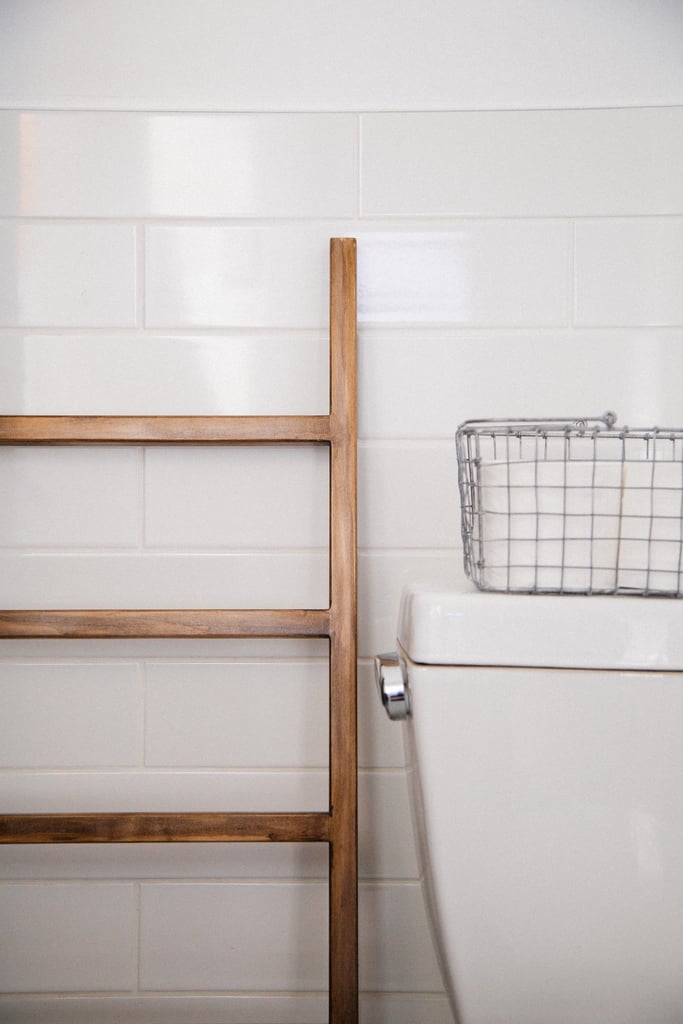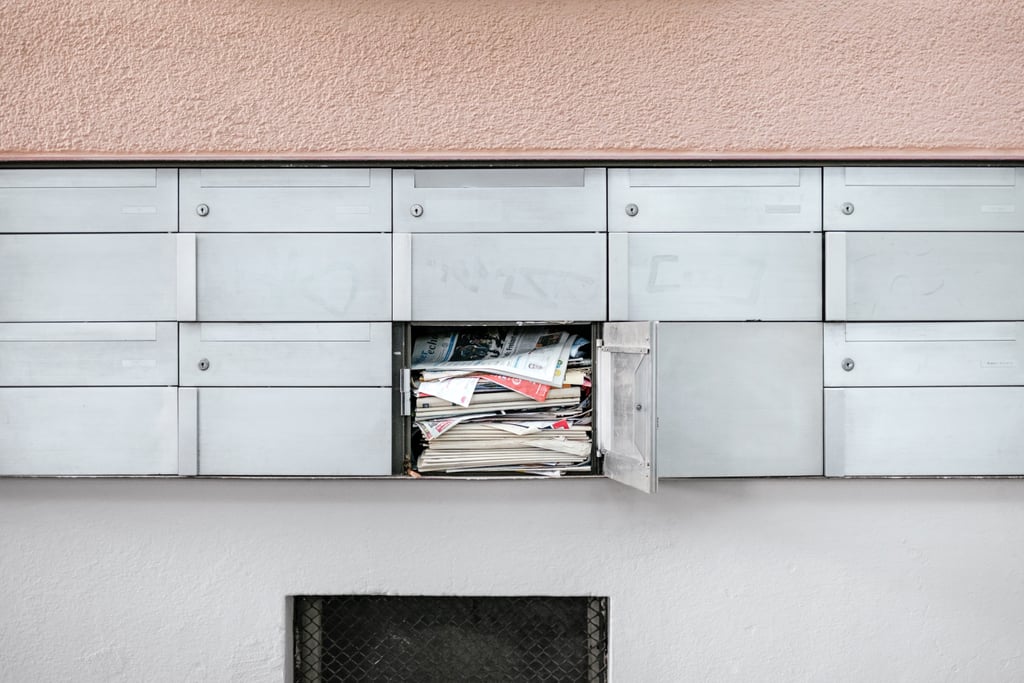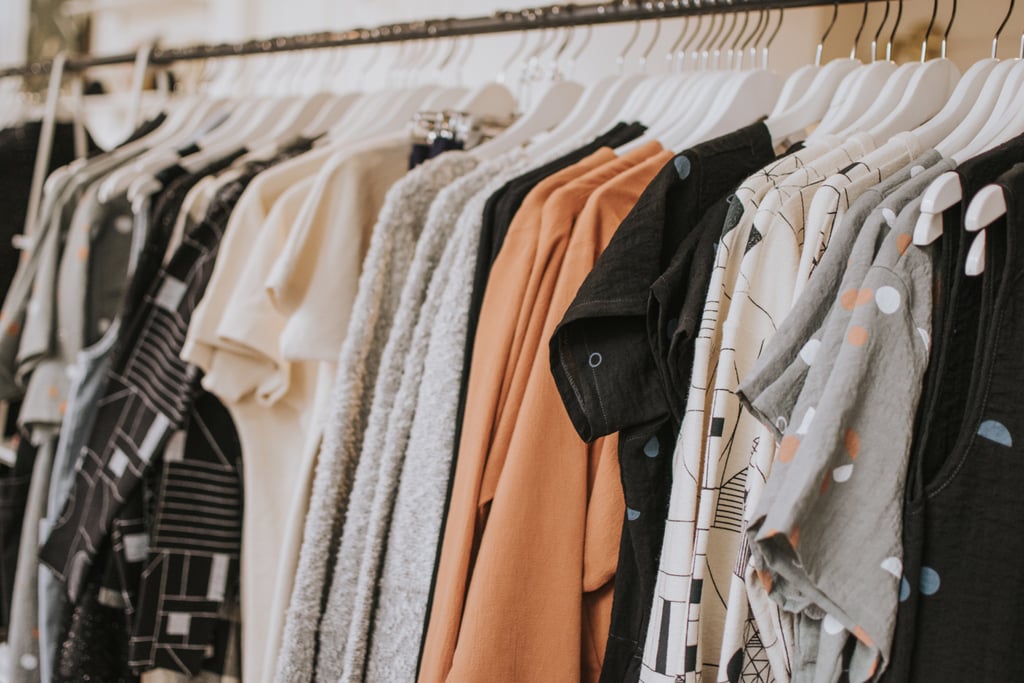In the United States, it has been reported [1] that Americans generate about 254 million tons of waste annually with, on average, each person accumulating up to 4.4 pounds of trash daily. This same garbage, which eventually gets carted off to landfills, is the culprit behind the pollution of our oceans and even global warming [2]. Living a more waste-free lifestyle [3] not only helps lower these numbers, but also minimizes the negative effects garbage has on the environment.
Leading a waste-free lifestyle has always seemed, to me, equal parts amazing and difficult. But as someone who is more than embarrassed about the amount of waste I generate on a daily basis (hello, shipping boxes, takeout containers, and plastic grocery bags), I knew I was ready to make some changes.
"To us, living waste-free means making the best possible choices every day that are better for people and the planet," explains Koryn Olage, the marketing coordinator for Stasher [4], a company that creates plastic-free reusable storage bags made from food-grade silicone. "Going waste-free is not something that you do overnight, although kudos to you if you can do it! It can be very overwhelming to go waste-free 'cold turkey' and often leads people to just give up. Instead, you have to take small steps, one step at a time, to achieve a waste-free lifestyle. We like to say, 'If you can't choose perfect, choose better.'"
After experimenting with trying to live waste-free for a week, here are some tips that I have gathered that may also help you on the journey to a more waste-free lifestyle.
Going Waste-Free Takes Time
Call me overzealous (my motto in high school regarding my extracurriculars was "go big or go home"), but what I quickly learned is that living a waste-free lifestyle takes time and is not something that happens overnight, so don't be hard on yourself if you're not the perfect example of waste-free living in just a week. It is OK to take it slow: make a list of each area in your home — kitchen, bathroom, bedroom, pet food station, and so on — and jot down notes on how each space could be more waste-free. Maybe you'll need to swap out your bathroom hand soap pump for a glass one, switch kitchen paper towels for cotton cloths, start using toxic-free and sustainable laundry detergent (The Simply Co. [5] is great for this), reuse jars, and substitute cling film with reusable beeswax food paper. Whatever it is, these changes can be implemented little by little over time, making the whole idea of waste-free living a bit less intimidating.
Don't Forget the Pets!
My cats are like my children, and I always want the best for them, so it is only natural that I make positive adjustments to their lifestyles that also fit into the larger idea of keeping a more waste-free household. A great sustainable food option for cats (and dogs, too!) is NomNomNow [6], the only pet food company that prepares its food to order, sending out meals within a mere few days of cooking them. It's 100 percent owned and operated kitchen produces zero food waste and all of its packageing, right down to the nontoxic cold packs and meal pouches, is completely recyclable.
When it comes to cat litter, make sure to use natural kinds, such as those with a base of walnut, wood, or wheat, that are free from toxic materials — clumping clay litters usually contain silica, a known carcinogenic that can have harsh effects on animals. For dogs, biodegradable and eco-friendly poop bags are also great to have on hand.
Be More Prepared While on the Go
Something that I had to learn quickly was to be prepared even when on the go. If you know you will be out of the house running errands, make sure to pack a reusable grocery bag or two (Baggu's Summer collection [7] is perfect for this — the electric peach mesh bag is my favourite), a set of eating utensils such as ones by the Package-Free Shop [8], a Buluh bamboo straw [9], and a reusable water bottle — the best one I have tried is by S'well [10]. If you are like me and are loyal to your local deli, bakery, and bagel shop, bring your reusable containers with you and check in with them to see if they can instead use your reusable packageing while preparing your food to-go.
Say Goodbye to Plastic Bags of ALL Sizes
I never realised how many plastic bags I have accumulated until this experiment. Big bags, small bags, snack bags, sandwich bags . . . the list goes on. I found myself (on more than one occasion) reaching for a snack bag to put my apple in, then a Ziplock bag to put my leftovers in, and another to put crackers in. After doing this for years, not only had it become a habit, but it is also extremely wasteful. Instead of getting in the groove of only buying single-use sandwich and snack bags, invest in some reusable ones, such as Stasher [11] reusable bags made of 100 percent high-quality food-grade silicone. It helps you cut down on plastic waste, saves you money, and is proven to be healthier for you — Stasher bags are nontoxic and you can even cook in them.
Food Composting Is Key
Food composting is so easy and has such big positive impact on the environment. According to research [12], by composting food scraps, you not only are significantly reducing methane emissions from landfills, but also lowering the need for chemical fertilizers. What I like to do is throw any food scraps (side note: hair from the shower and used cotton balls can also be composted) into a paper bag and keep it in my freezer — this way I don't have to worry about any lingering food smells or my cats getting into it. If you do not have local compost pickup, you can usually bring it to the local farmers market for compost collection weekly.
Bathrooms Can Be Made Less Wasteful, Too
Tushy [13], a modern bidet that can easily be attached to your toilet, is perfect for cutting down on toilet paper and saving your behind from infection and disease. Hygiene products that typically come in single-use plastic containers, such as deodorant, can be replaced by more sustainable options, such as Meow Meow Tweet's deodorant stick [14], which has a biodegradable container. Skincare brand Abhati Suisse [15] is also a great eco-friendly beauty alternative — its packageing is recyclable, its suppliers are chosen based on its high standard of sustainable farming, and each product purchased sends a girl in India to school.
My waste-free week also coincidentally came during my period (shakes fist), which caused me to brainstorm how I could make my period less wasteful, too. Using menstrual cups, such as Intimina's Lily Cup [16], and washable cotton pads [17] are great alternatives to traditional pads and tampons that commonly come with a lot of plastic packageing.
Go Paperless
Based on data [18], each American surprisingly receives more than 30 pounds of junk mail per year. To help stop the steady stream of bank statements and credit card offers from getting into your mailbox, make sure to tell your bank and credit card issuer that you would like to go paperless. To stop receiving unsolicited offers and coupons, opt out of any unwanted mailing lists, and when out shopping, if a store has an "email receipt" option, be sure to choose it.
Support Sustainable Companies
And lastly, it is important to support more sustainable companies that also are working to make the world a more waste-free place. There are clothing brands like Reformation [19], which has made it its mission to produce beautiful clothing designs sourced from sustainable fabrics. Another example is Tesla [20], which has been dedicated to creating fully electric cars and home solar systems that allow homes to generate and store their own energy collected from the sun. And if you are as obsessed with meal kits and prepared meal delivery as much as I am (yay for convenience!), look into Freshly [21] — it is a subscription-based food company that delivers fully-prepared meals right to your door. All of its packageing is recyclable and its proprietary model is designed to eliminate food waste at each step — because of this, it has a near-zero waste standing.


